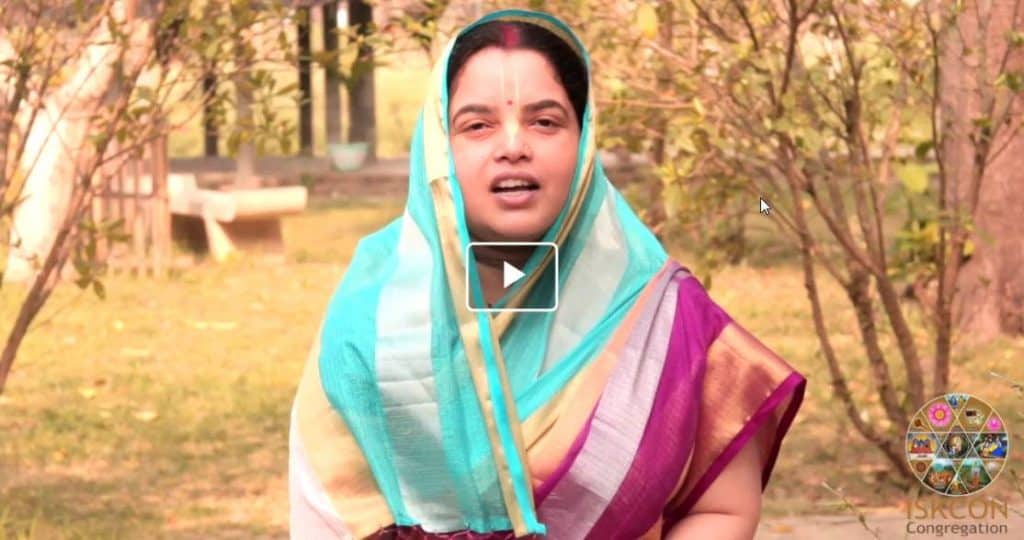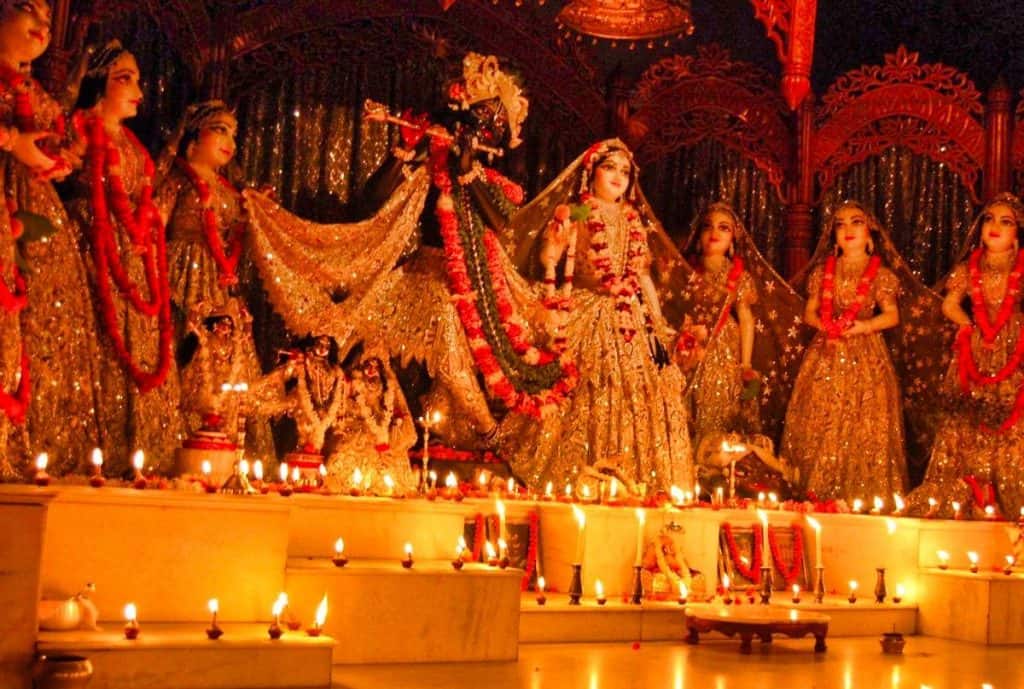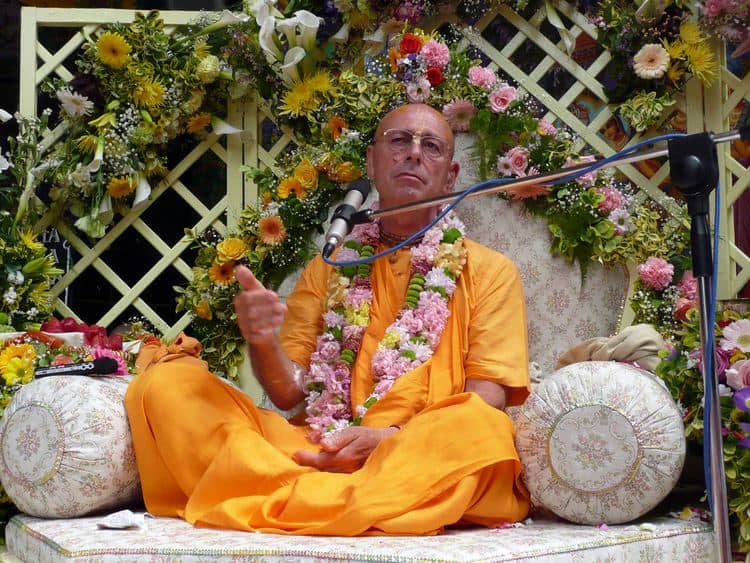
His Holiness Sivarama Swami
In England, there are two categories of congregation members. One is the Indians and the other is the locals. With the Indians, it is easy because they’re already Krsna conscious. For them it’s just a matter of taking up the practice. For the Westerners, before they become a part of the congregation, it is a real issue. Bringing them to that point requires a lot more work.
In both cases, generally, I find that congregational preaching, if it’s not systematic, planned, result-oriented, just turns into a social club. In my mind, this is not what congregational preaching is meant to be. In other words, if devotees lived in the temple just to have a good time, look at the deities, eat prasada and just chant Hare Krsna, we’d kick them out. In congregational preaching, the congregation only knows what we tell them about Krsna consciousness. If it becomes a social club, then that’s our fault.
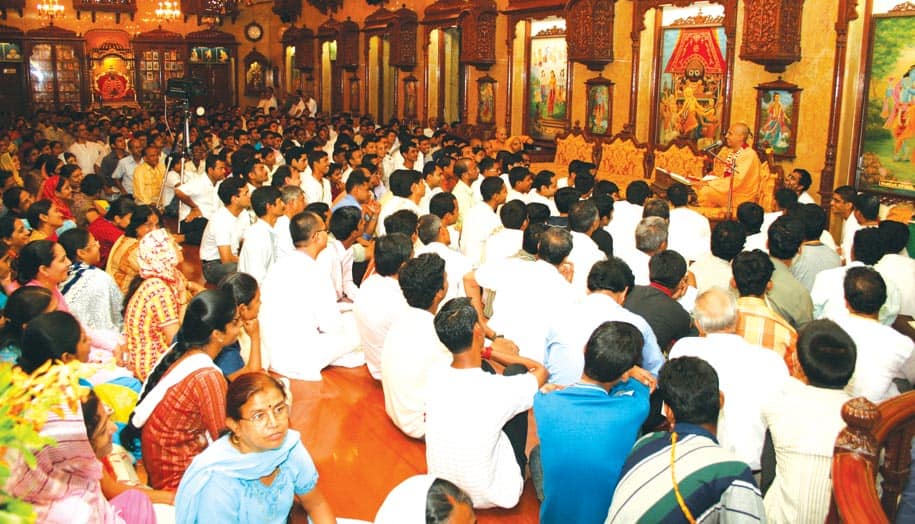
We have to tell them that Krsna consciousness means to preach; that they have to bring other people into Krsna consciousness. Congregation members have to do some active service. There has to be a system, as there is in the temple, to make sure that everyone is engaged. It’s already difficult for the congregation, since they don’t have full time association. Unless they are trained to be productive, they just end up becoming a social club.
Systematically organized means they should have systematic training in Krsna consciousness. Not that you open the Gita from wherever you like and speak. The congregation should get systematic training, and get recognition for that. These days people are very result-oriented. The congregation can do harinama, book distribution, and they can come to the temple.
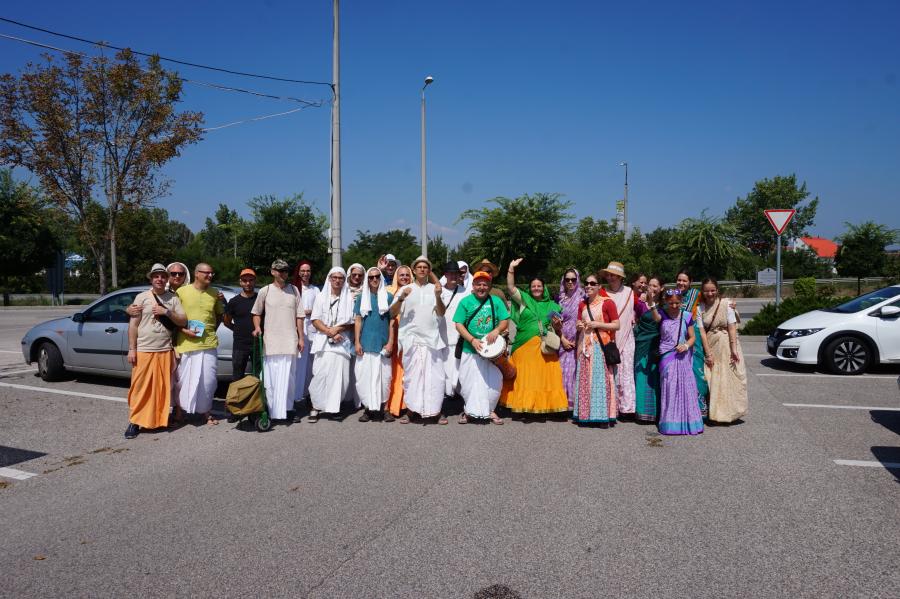
The guests in Hungary could be dealt with better. In Hungary, we have two main temples. One is in Budapest and one is the farm. On the farm, we have a lot of tourists—about 35,000—and we have about 15 devotees who do nothing but take care of the guests. In Budapest, because we can’t give full-time attention to the guests, the care of guests is not as good as it should be. As a result of that, the congregation doesn’t feel as integrated. They complain that they are second-class citizens. They feel that some preferences are given to the temple devotees, but they shouldn’t feel like that.
They should feel that they’re devotees. They feel like that because they see that a devotee, who is on sankirtana, gets glorified. The temple devotees are taken care of, they get prasada and the temple president talks to them. The temple president may not even have time to say hello to a congregational member. In this way, they feel like second class citizens.
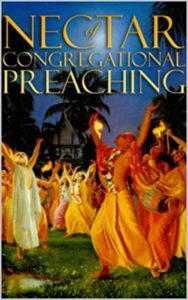
(Excerpt from the book ‘The Nectar of Congregational Preaching’ by ISKCON Congregational Development Ministry)
“For downloading this excellent book, please follow this link https://iskconcongregation.com/product/the-nectar-of-congregational-preaching/”

